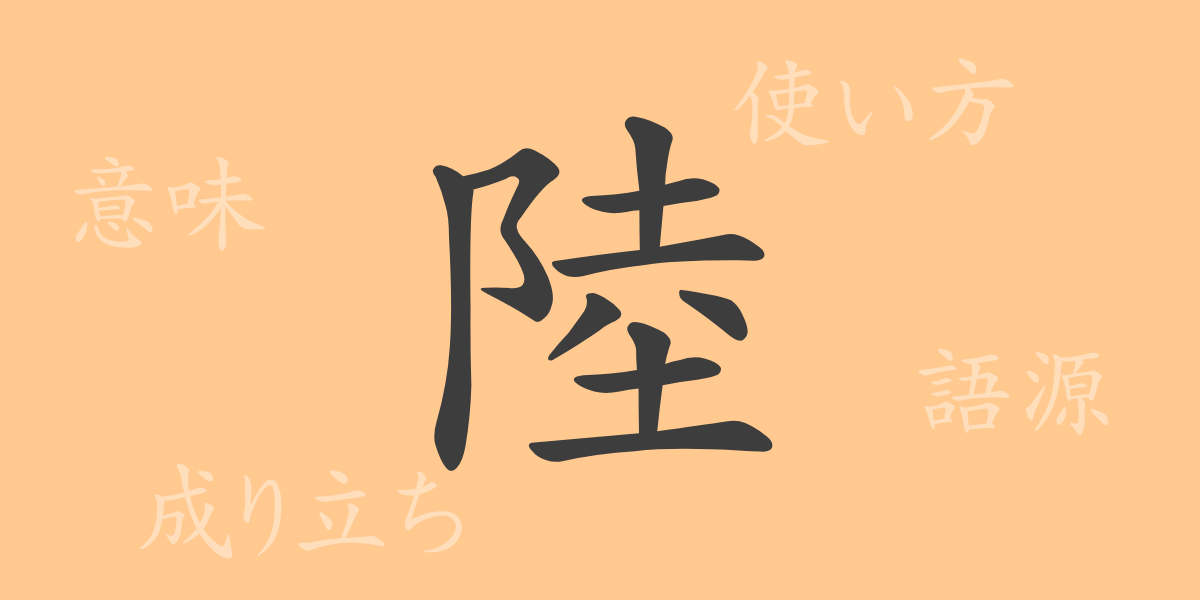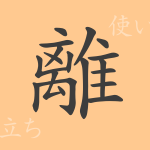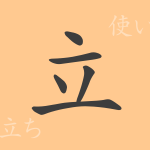The kanji (漢字) of the Japanese language are deeply rooted in the culture and language of Japan, known for their rich forms and meanings. The commonly used kanji “陸” (りく, riku) is no exception and plays a significant role in our daily lives. In this article, we will delve into how the character “陸” (りく, riku) came into being, its meanings and uses, its readings, compounds, and the historical and cultural aspects behind it.
The Origin of 陸 (りく, riku)
The kanji “陸” (りく, riku) has its origins in the ancient Chinese script known as Oracle Bone Script. In Oracle Bone Script, it was depicted as a pictograph representing land or ground. This character, which signifies the earth composed of mountains and soil, was simplified over time to its current form “陸” (りく, riku). The importance placed on land by people since ancient times can be seen in the formation of this kanji.
Meaning and Usage of 陸 (りく, riku)
The kanji “陸” (りく, riku) primarily means “ground” or “land.” Specifically, it is used in contrast with the sea or sky, generally referring to land. Additionally, it can mean “mainland.” In terms of usage, it is often seen in geographical and transportation contexts, such as “陸路” (りくろ, rikuro), which contrasts with sea routes or air routes.
Readings, Stroke Count, and Radical of 陸 (りく, riku)
The kanji “陸” (りく, riku) has several readings in Japanese, with the main ones being as follows:
- Readings: The on’yomi (音読み) is “リク” (りく, riku), and the kun’yomi (訓読み) is “おか” (おか, oka)
- Stroke Count: The kanji “陸” (りく, riku) consists of 11 strokes
- Radical: The radical is “阝” (こざとへん, kozato-hen)
Compounds, Idioms, and Proverbs Using 陸 (りく, riku) and Their Meanings
There are many compounds, idioms, and proverbs that include the kanji “陸” (りく, riku), each with specific meanings and cultural backgrounds. For example, “陸上競技” (りくじょうきょうぎ, rikujoukyougi) refers to track and field sports, “陸続き” (りくつづき, rikutsuzuki) means a continuous stretch of land, and “陸の孤島” (りくのことう, rikunokotou) refers to an isolated place. These expressions demonstrate the rich expressiveness of the Japanese language.
Conclusion About 陸 (りく, riku)
The kanji “陸” (りく, riku) has been closely connected to people’s lives and culture from ancient times to the present, through its shape and meaning. It is used in various ways in the Japanese language, not only in geographical contexts but also through numerous compounds and idioms. Understanding each of these commonly used kanji, with their rich history and meanings, is key to deepening one’s understanding of the language.
“`

























